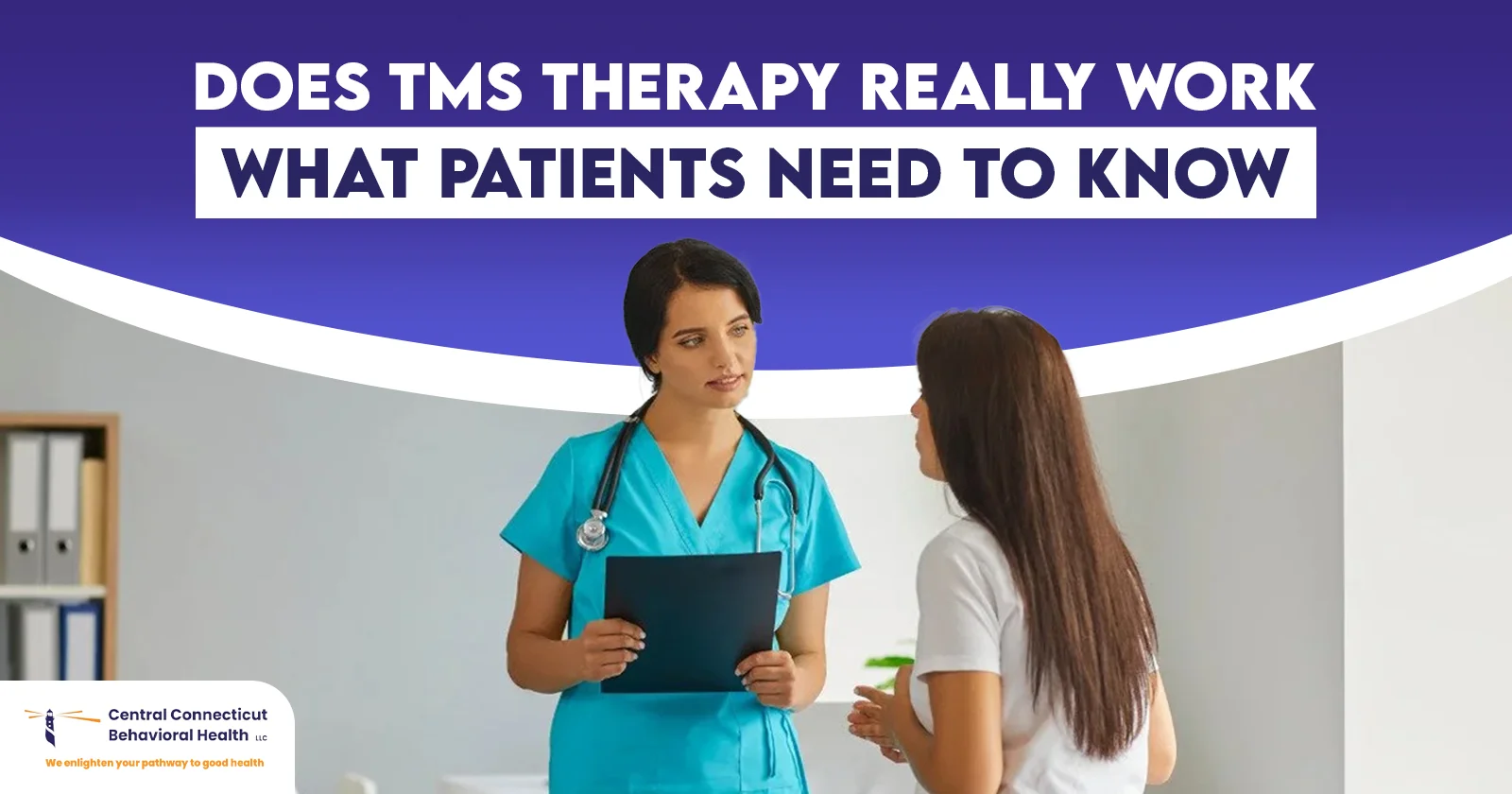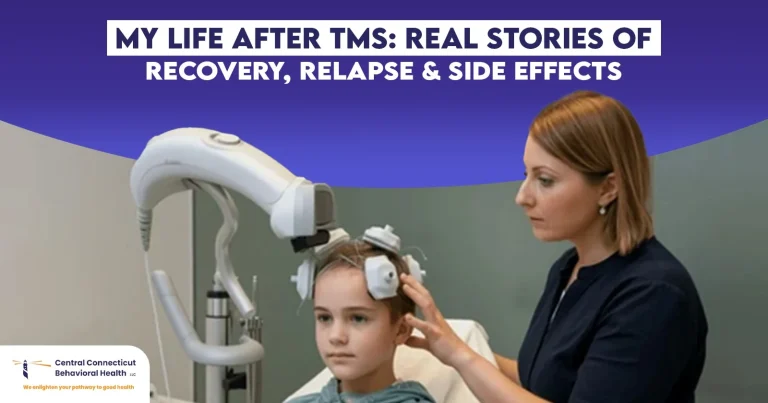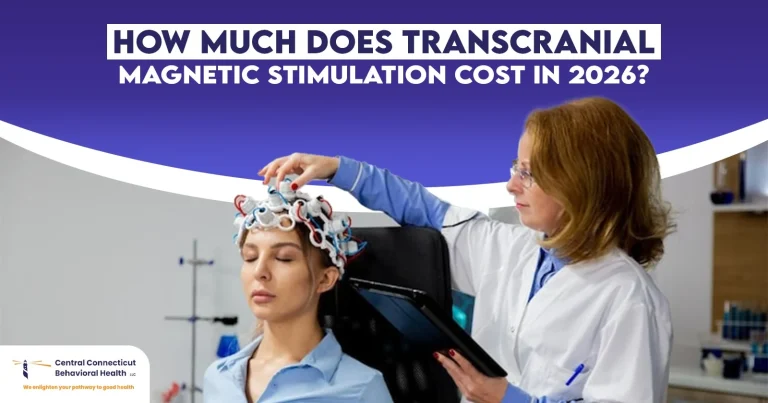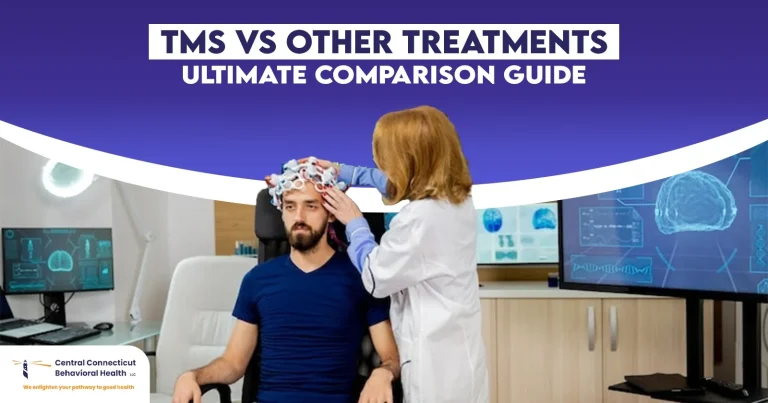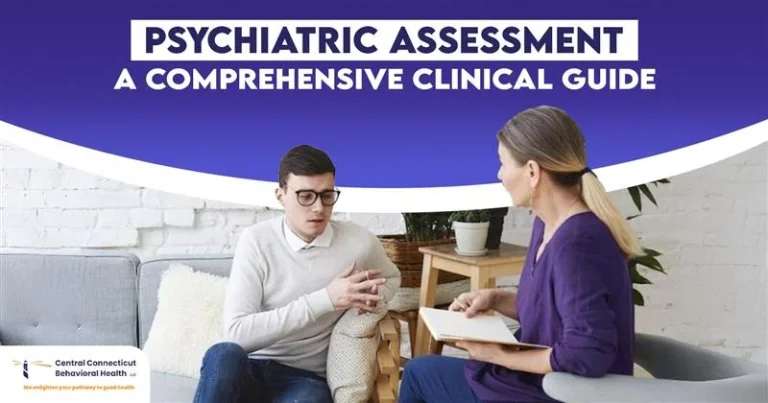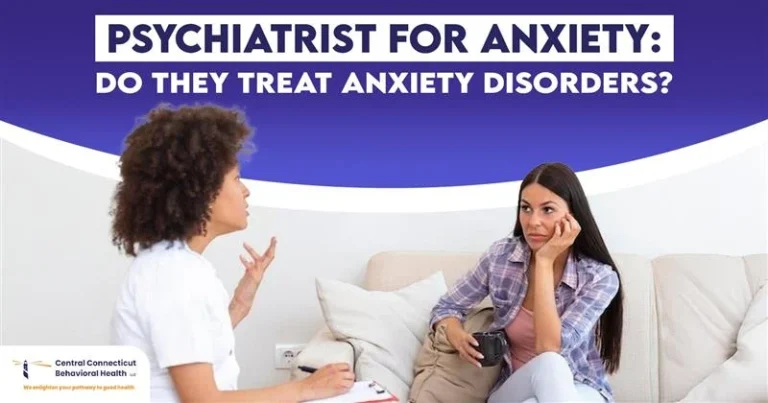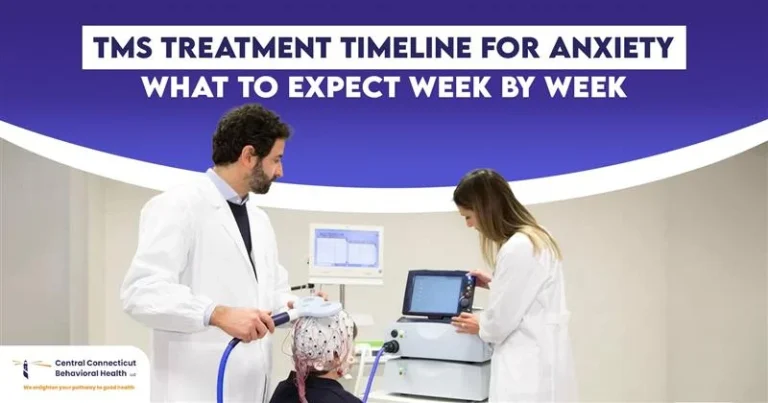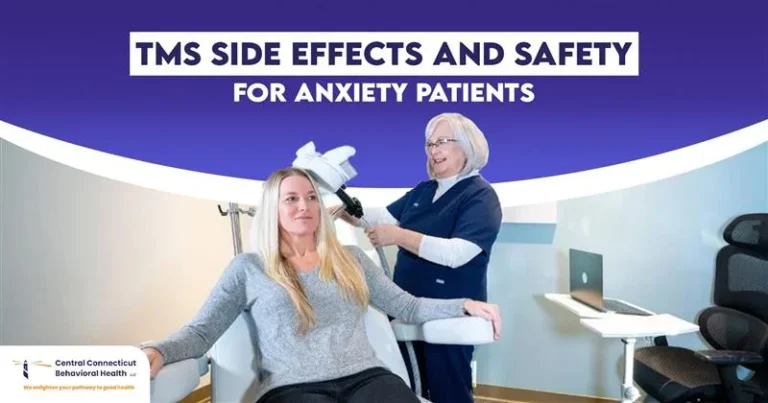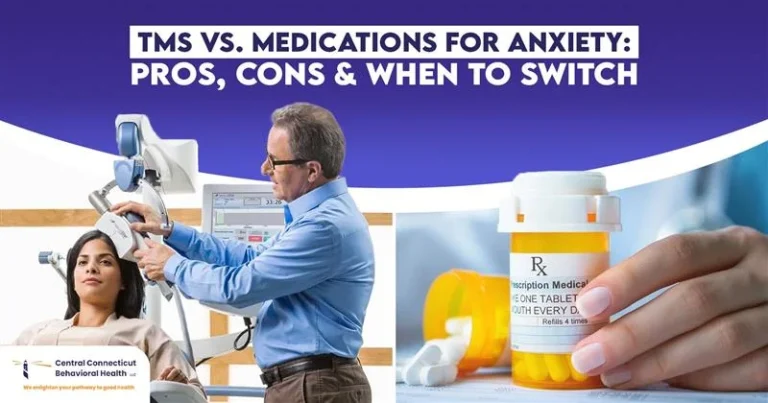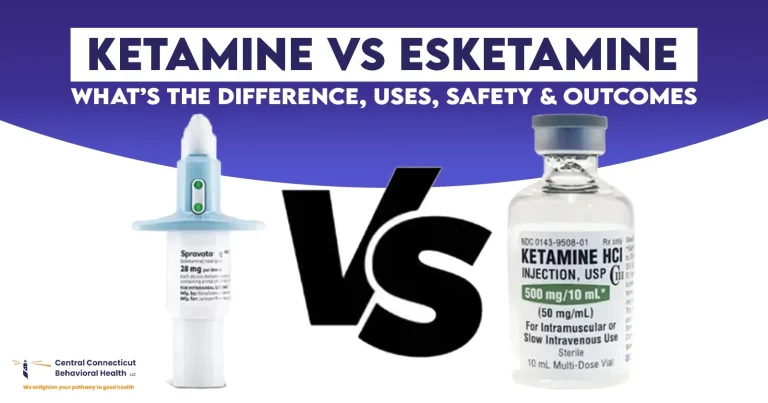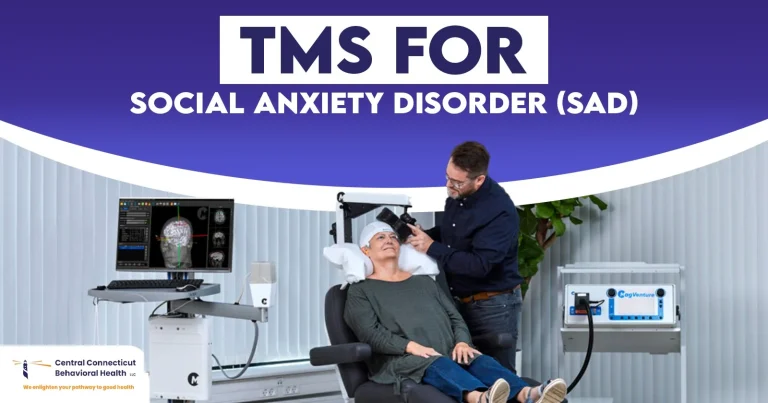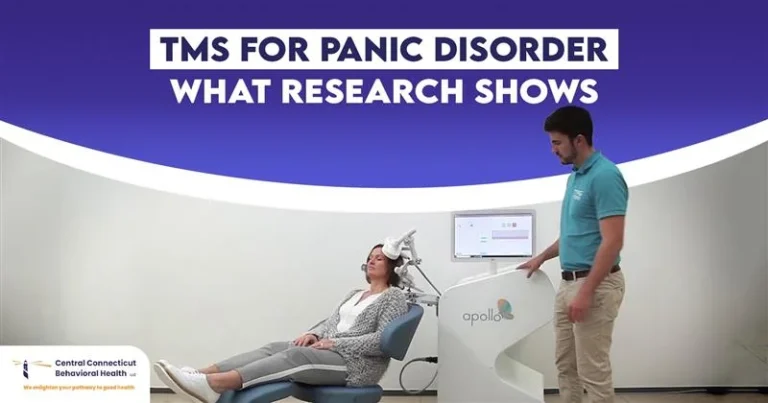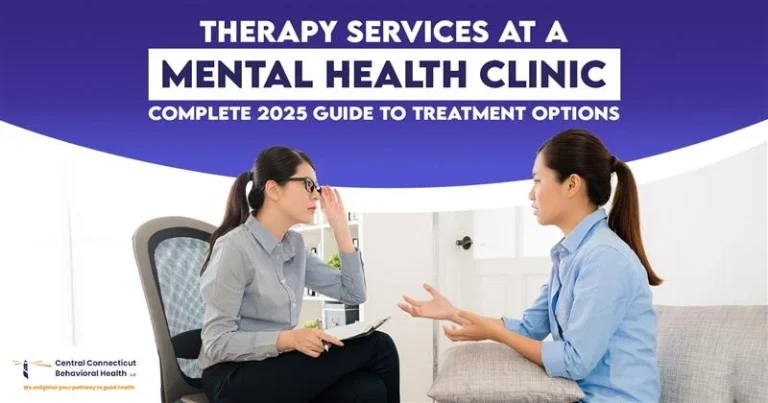Does TMS Therapy Really Work? This is probably the big question that brought you here. If you are struggling with depression and anxiety, you might have come across this treatment called Transcranial Magnetic Stimulation (TMS). Some call it a life-saver. Others are unsure. And maybe you are sitting there wondering, “Is this actually worth my time, or is it just another medical buzzword?”
When you are already tired of medicines, therapy, and all the “usual stuff,” the last thing you want is false hope. But TMS is not some magic trick or overnight cure, it is a real treatment that is FDA approved for years. Many patients describe it gentle, different and something that finally works.
This blog will tell what it really is, how it feels, the good side and the bad, and whether TMS therapy really works or not.
What Exactly Is TMS Therapy?
Think of TMS as brain “retraining” using magnets. No, it is not sci-fi. Here’s how it goes:
- You sit in a comfy chair at a clinic.
- A technician places a small device on your head, right over the scalp.
- That device sends magnetic pulses (it feels like tapping).
- These pulses “wake up” areas of the brain linked to mood.
That is it. No surgery. No anesthesia. No foggy memory afterward. You literally walk out, grab a coffee, and go back to work or home.
Who usually tries TMS?
- People with major depressive disorder who didn’t get better with medication.
- People tired of side effects from antidepressants.
- Folks with OCD, anxiety, or PTSD, though FDA approval is still catching up here.
TMS Therapy Effectiveness: Does It Actually Help?
Okay, here is where it matters. Does TMS actually move the needle for people? Studies answer yes, but let’s break it down.
- Around 50–60% patients feel significant improvement.
- Around 30–40% reach remission, which means symptoms are mostly gone.
- Benefits can last months, even a year or more.
- That is huge if you’ve been stuck in the cycle of “try another pill, wait, repeat.”
One patient said it felt like “fog lifting after years.” Another said the relief didn’t hit overnight but built slowly, like the light in a dim room gradually brightening. This is pretty accurate way to describe it.
TMS Therapy Success Rate: The Numbers Don’t Lie
Let us talk TMS therapy success rates because numbers sometimes say it better than words.
- For people who already tried multiple antidepressants, TMS still works for about 6 out of 10 patients.
- Compare that to switching to yet another antidepressant, which only helps about 2 out of 10.
- Many feel noticeable change after 2–3 weeks. But full results usually come by the end of the 6-week course.
If you are thinking, “Well, nothing works for me,” TMS might actually have better odds than the next prescription bottle.
TMS Therapy Pros and Cons
Nothing is perfect. Let us discuss both sides.
Pros
- No daily pills.
- Minimal TMS therapy side effects (usually just headaches or scalp tingling).
- You can drive home after a session.
- Long-lasting results for many.
- Non-invasive, no surgical procedure or needles needed
Cons
- commitment: 5 sessions per week for 4–6 weeks.
- It can be pricey if insurance doesn’t cover it.
- Doesn’t work for everyone.
- Some people say the tapping feels odd or annoying at first.
For most patients, though, when you weigh the TMS therapy pros and cons, the “pro” column feels heavier, especially if you have been stuck in treatment-resistant depression.
TMS vs Antidepressants: How Do They Compare?
Here is the classic showdown: TMS or medicines?
Effectiveness: Antidepressants helps a lot, but on average a third get little to no relief. TMS often works for that group.
Side effects: Antidepressants can mean weight gain, fatigue, sleep issues, sexual side effects. TMS? Usually just mild scalp discomfort.
Lifestyle: Medicines = daily commitment, possibly for years.
TMS = one treatment course, then maybe “maintenance” sessions later.
If you feel frustrated with antidepressants, TMS vs antidepressants might feel like night and day.
Is TMS Therapy FDA Approved?
Yes, and it matters. The FDA first approved TMS therapy for depression in 2008 that didn’t respond to medicines. Since then, it’s also been cleared for OCD and migraines.
FDA approval doesn’t make it a miracle cure, but it means that the science is strong enough to back its safety and effectiveness.
TMS Therapy Side Effects
The good news is: TMS therapy side effects with TMS are pretty minimal.
- Most common: Headaches or scalp discomfort (usually mild and fade as you go).
- Rare but possible: Seizure—but the risk is less than 1 in 1,000.
- What you don’t get: no weight gain, no memory issues, no “zombie” feeling like with some meds.
Compared to antidepressants, it is a breath of fresh air.
What is the TMS therapy duration / Time Commitment?
TMS is not a “one and done” treatment. A full plan usually looks like this:
- 4–6 weeks total.
- 5 days a week ( Mon–Fri).
- Each session is about 20–40 minutes.
Picture it like physical therapy for the brain. It takes repetition, but it builds lasting results. And once the course is done, many people don’t need daily treatment , just occasional “booster” sessions.
TMS Therapy Insurance coverage : Will They Pay?
Money talks because this therapy is not cheap.
- Most major insurers now cover TMS for treatment-resistant depression.
- To qualify, you usually have to prove you tried at least two different antidepressants without success.
- Without coverage, you are looking at $6,000–$12,000 for the full program.
It is not pocket change. But for many, insurance helps, and the payoff, feeling better,
can be priceless.
Does TMS Therapy Really Work for Depression as well as Anxiety
While depression is the main focus, research shows TMS can also ease generalized anxiety disorder (GAD) and panic symptoms.
Some patients describe it like their brain “finally slowing down.” Less racing thoughts. More calm. Better sleep. And with FDA clearance for OCD, we know it’s not just depression TMS can touch.
What are the Long-Term Effects of TMS Therapy
What happens after you finish the sessions?
- Many patients stay symptom-free for 6–12 months.
- Some needs occasional “maintenance” treatments if depression returns.
- There is no evidence of long-term brain harm. Actually, results show the opposite, better brain activity in mood-related regions.
So the long-term picture looks pretty good.
Conclusion
The question , does TMS therapy really work? For many people the answer is yes. Not everyone, but it become one of the most promising options for treatment-resistant depression.
It is safe and FDA approved. Covered by many insurers. And for patients who are stuck in the loop and dark, TMS therapy brings light to their lives.
If you are wondering whether it is worth exploring, the answer is simple: it might be e the treatment that will change your life.
FAQs: Does TMS Therapy Really Work
-
Does TMS Therapy Really Work for Everyone?
No. But around 60% of people improve with TMS, and a third see their depression nearly vanish.
-
How Long does TMS therapy take to show results?
Some folks feel lighter in 2–3 weeks. For many, it’s near to the full 6-week mark.
-
What TMS Side Effects Should I Expect?
Mild headaches and scalp tenderness. They usually fade with time. Serious side effects? Extremely rare.
-
Is TMS therapy FDA Approved?
Yep. Since 2008 for depression, plus later for OCD and migraines.
-
Can It Help Anxiety Too?
Yes. TMS helps patients suffering with both depression and anxiety, calming the overactive parts of the brain.
-
What is the Success Rate Compare to Medications?
TMS works for about 6 out of 10 tough cases, while switching meds helps only 2 out of 10.
-
Is It Better Than Antidepressants?
Depends. If meds work for you, great. If not, TMS may be the better option—without daily pill side effects.
-
How Much Does It Cost?
With insurance mostly covered. Without insurance: it costs around $6,000–$12,000.
-
How Long Do Results Last?
Most patients enjoy relief for 6–12 months. A few need “booster” sessions if symptoms creep back.
-
Where Can I Get TMS Therapy?
More and more clinics are offering it. If you’re in Connecticut, for example, Central Connecticut Behavioral Health provides TMS treatment with trained specialists.


